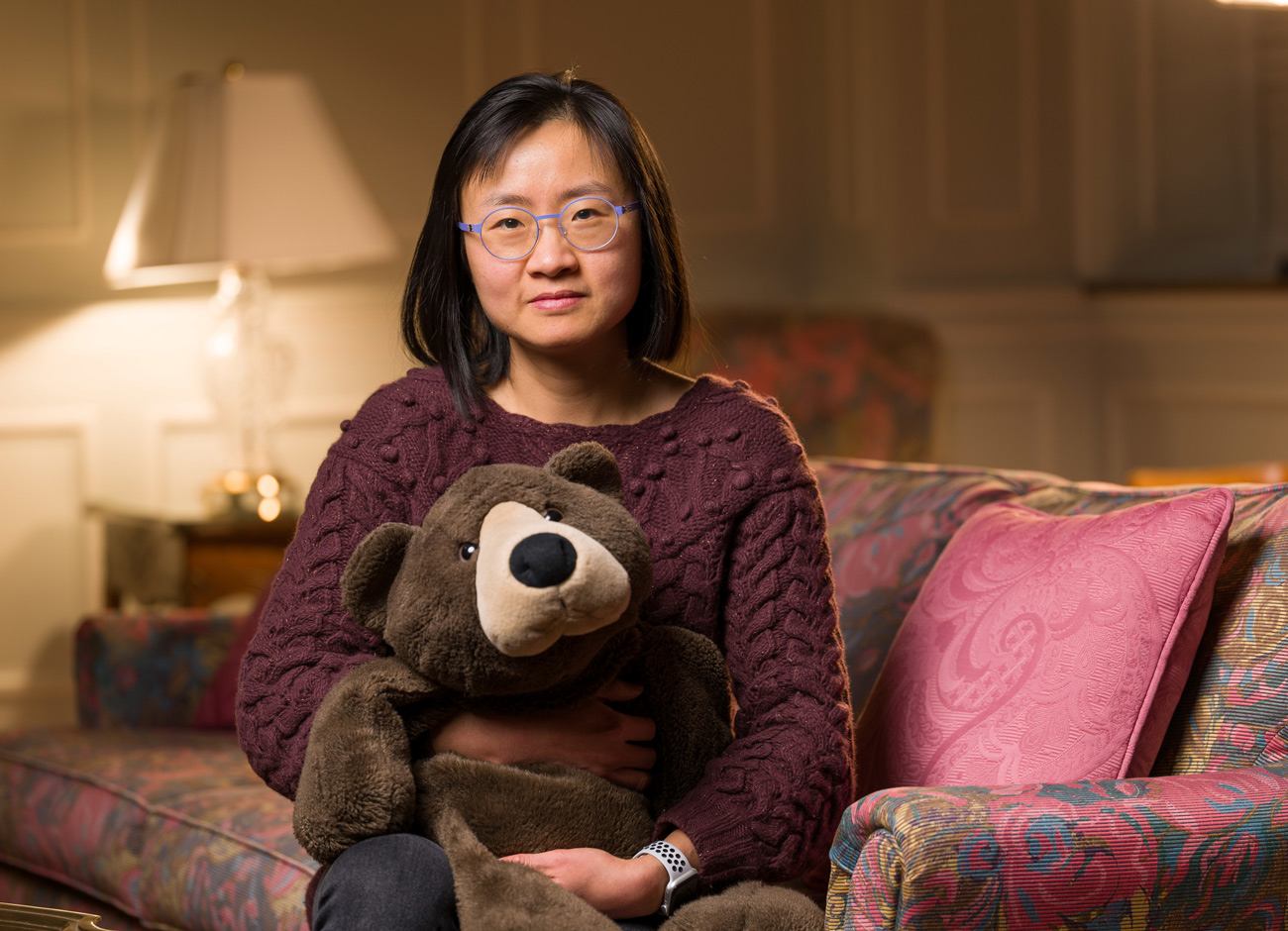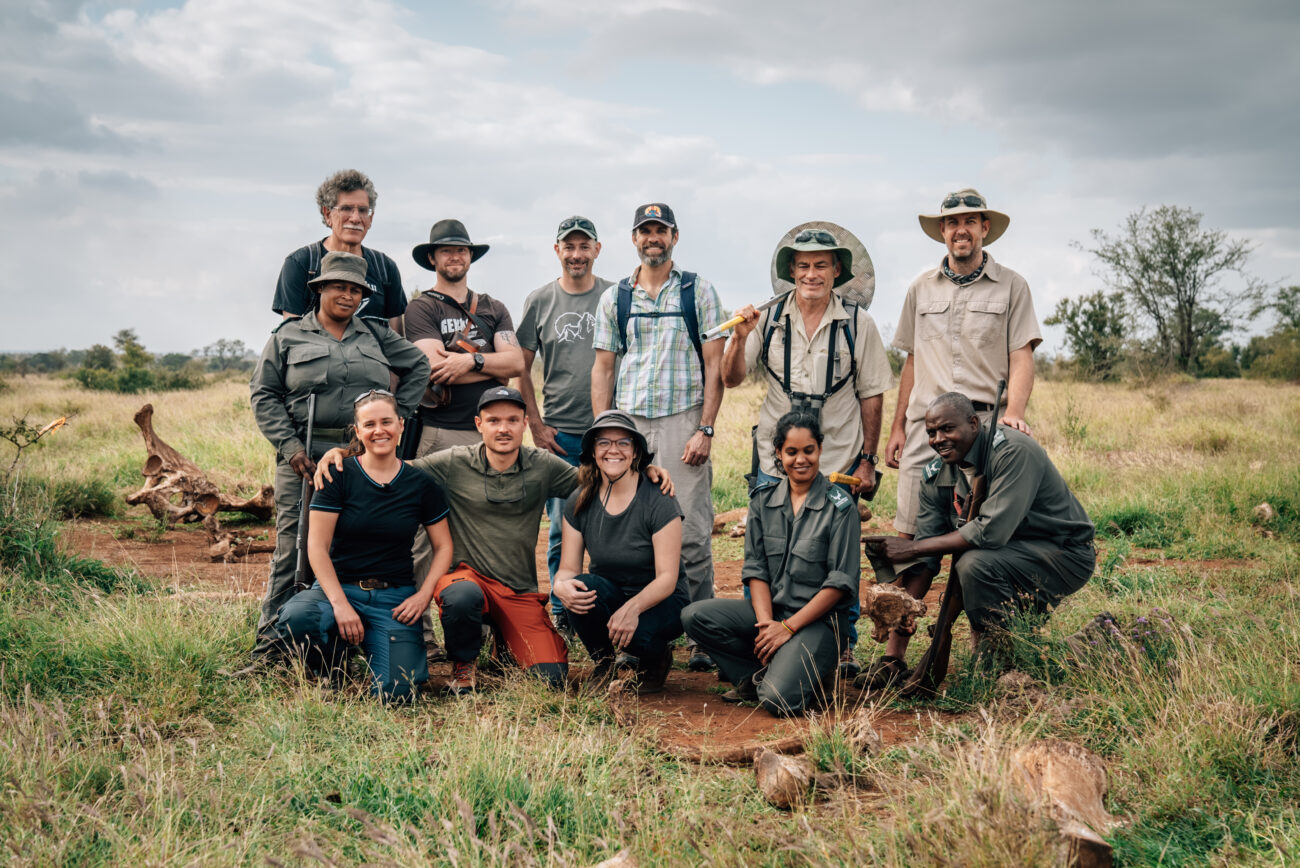Identifying Stress in Dementia Caregivers

In China, it’s common for multiple generations of a family to share a household.
So, when Yin Liu, assistant professor of human development and family studies, talks about living with her grandfather for the first part of her life, this is not immediately a profound detail. It takes on new meaning when Liu shares that her grandfather had Alzheimer’s disease, and after Liu’s mother could no longer provide care for him, Liu stepped up.
“I had already graduated and had a job teaching at a college,” she says, “and so I became a caregiver for my family.”
This intimate experience with dementia gives Liu unique insight as a researcher in gerontology and a faculty affiliate of the new Alzheimer’s Disease and Dementia Research Center housed on the USU Logan campus. Liu studies caregiver stress through biomarkers — measurable, biological indications of stress that the body produces as it moves day by day through challenges and difficulties.
During grad school, Liu worked on a research project that examined saliva samples from individuals who were caregivers for loved ones with dementia. Research suggests that family caregivers tend to exhibit high levels of cortisol, a hormone linked to stress. By measuring cortisol levels in these samples, researchers can gather objective physiological data to connect to caregivers’ own reports of stress.
This use of biomarkers can help provide valuable data on factors like quality of sleep and daily exercise in the reduction and management of the chronic stress shouldered by many caregivers. As she continues her research, Liu hopes to study hair samples, which can show weeks and months of stress rather than just the data of one day.
While Liu recognizes that her research might not seem valuable to someone who doesn’t have experience with Alzheimer’s disease or dementia, she hopes her work can be used to help all people live better lives, no matter what awaits them in the future.
“We don’t know whether we might have this disease, or another disease, or no disease at all,” she says. “But my research is meaningful for everybody because we all cherish our life.
By Allyson Myers ’19





